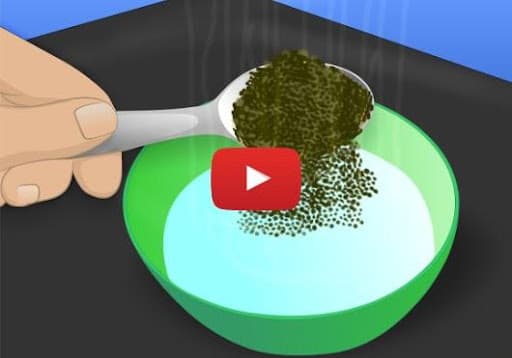Unbelievable! How Stress is eating you alive!
In our fast-paced world, many of us experience stress regularly. While a certain amount of stress can be beneficial and help us navigate daily challenges, long-term or chronic stress can have detrimental effects on our brain's health.
When faced with stress, our body responds instinctively, entering a state known as "fight or flight." During this process, hormones such as
cortisol
are released, preparing us to either confront or escape the immediate threat. While this state is crucial for immediate decision-making, prolonged exposure can lead to negative consequences.
Thankfully, stress is something we can manage through certain practices that make a remarkable difference over time.
- Begin with mindfulness practices, which assist in grounding the mind and reducing anxious thoughts there and then.
- Incorporate regular exercise into your routine to build bodily resilience and improve mood.
- Ensure you're getting quality sleep, which aids recovery from daily stressors and rejuvenates the brain.
By making these manageable changes, preserving brain health becomes much more feasible.
“Your brain health depends on how you handle stress. Take control today; your mind will thank you tomorrow.”
Managing stress is essential not just for overall well-being, but it is crucial for sustaining and improving brain health. Implementing mindful techniques, embracing active lifestyles, and prioritizing sleep build a strong foundation for a healthier tomorrow. Start small, and steadily you'll build resilience against stress.
From Around The Web
Wellness Inbox is a blog & weekly newsletter that curates trending news and products related to health and wellness from around the web. We also gather content from various sources, including leading health professionals, and deliver it directly to you.
Please note that we may receive compensation if you purchase any products featured in our newsletter. Wellness Inbox is not affiliated with, nor does it endorse, any health professionals whose content may appear in our newsletter. The information provided is for general informational purposes only and should not be considered medical advice.
The information provided is not intended to replace professional medical advice, diagnosis, or treatment. All content, including text, graphics, images, and information available is for general informational purposes only. We do not guarantee the accuracy or completeness of any information presented and assume no liability for any errors or omissions. The content is subject to change without notice. We encourage you to verify any information with other reliable sources and consult your physician regarding any medical conditions or treatments.







